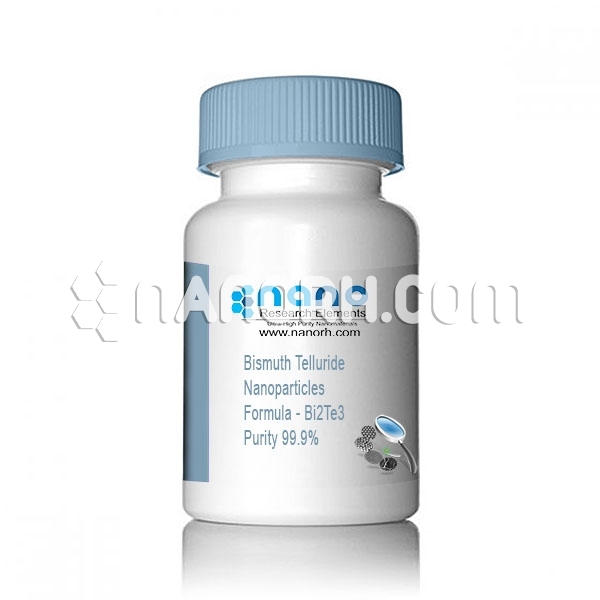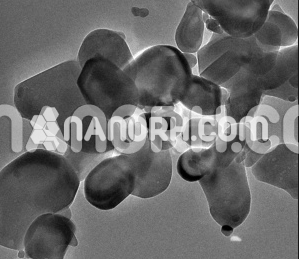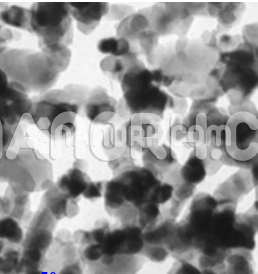| Bismuth Telluride Nanoparticles | |
| Product No | NRE-5029 |
| CAS No. | 1304-82-1 |
| Formula | Bi2Te3 |
| APS | <70nm (Can be Customized) |
| Purity | 99.9% |
| Color | Gray |
| Molecular Weight | 800.76g/mol |
| Density | 7.7 g/cm3 |
| Melting Point | 580 °C |
| Boiling Point | NA |
Bismuth Telluride
Bismuth Telluride (Bi₂Te₃) is a compound made of bismuth and tellurium, both of which are semiconductors. It is one of the most well-known thermoelectric materials, widely used in applications requiring energy conversion and cooling systems. Bismuth telluride is a narrow bandgap semiconductor (approximately 0.15 eV) that exhibits p-type and n-type conductivity depending on doping, making it versatile for a variety of applications in both thermoelectric generation and cooling.
Properties
Thermoelectric Efficiency:
Bismuth Telluride is one of the best thermoelectric materials in the room temperature range (up to about 300 K). It has a high thermoelectric figure of merit (ZT), which is a measure of its ability to convert heat to electricity efficiently.
The material’s low thermal conductivity and high electrical conductivity make it ideal for thermoelectric generators (TEGs), which convert waste heat from engines, industrial processes, and even human body heat into electricity.
Semiconductor Properties:
Bi₂Te₃ exhibits p-type and n-type conductivity depending on the doping material (e.g., indium or arsenic for n-type, antimony for p-type). This tunable conductivity allows for the creation of thermoelectric couples, which are essential for thermoelectric modules and devices.
The band gap of around 0.15 eV contributes to its excellent performance in low-temperature thermoelectric applications and allows for effective energy conversion at temperatures ranging from 300 K to 500 K.
Nanostructured Bi₂Te₃:
When Bi₂Te₃ is reduced to the nanoscale, its thermal and electrical properties are significantly enhanced. Nanostructured Bi₂Te₃, including nanoparticles and nanowires, can have lower thermal conductivity and improved electron mobility, which results in improved thermoelectric performance. This makes it a strong candidate for advanced thermoelectric applications in energy harvesting and cooling systems.
High Stability:
Bismuth telluride is chemically stable and exhibits good mechanical properties, allowing it to perform well under harsh conditions such as high temperatures and exposure to moisture.




